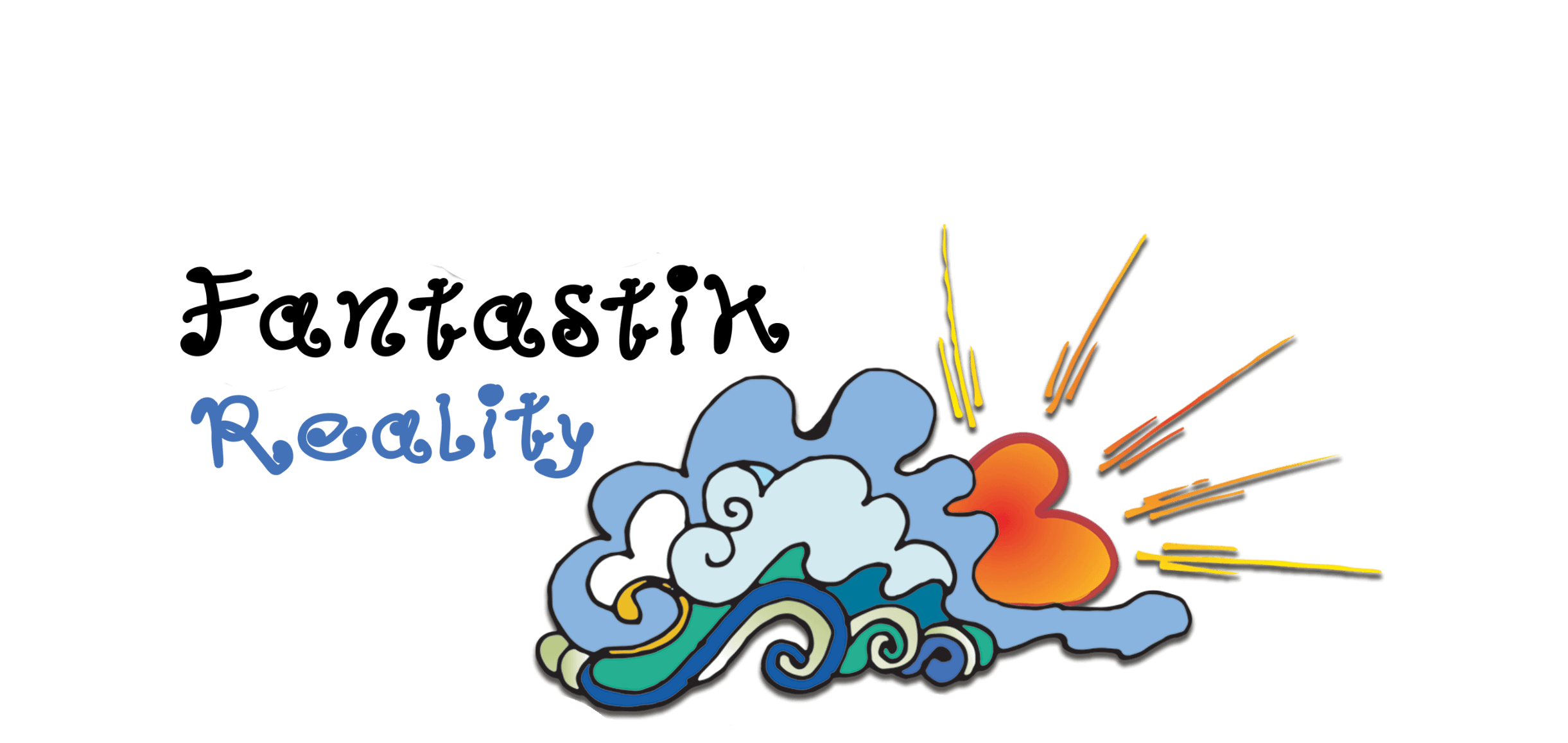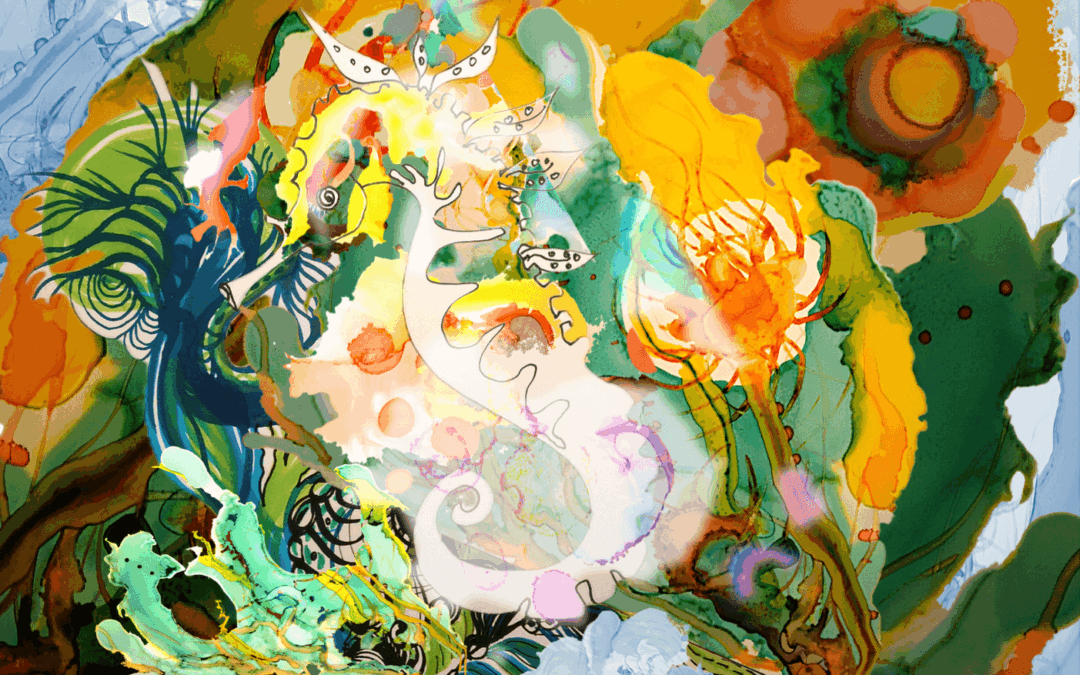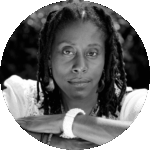When I was little, I rode a seahorse. I was three; relatively new to the world, and so most probably didn’t know how to read. Might someone have shown me a picture of a seahorse, or told me its name in order for me to declare this fact so confidently? The earliest books in my childhood collection were Noddy adventures, or Richard Scarry’s stories. These were all about kittens, farm animals, and fictitious characters that rode interesting vehicles. Nevertheless, an encounter with a tiny little seahorse circa 1970s has become imprinted in my memory.
I have always been a person who retained with almost photographic type clarity, memories of my earliest adventures and experiences. This ability to “no perderme” – as the Spaniards often say to individuals capable of finding their way home, even in the most unchartered of territories – has been a true gift from Spirit.
Over the years, I have compiled and archived a diverse collection of unforgettable memories – clues to my childhood, never imagining that I would one day be able to decipher the meaning of these experiences.
Just after turning three, I moved to the island of Barbados, from Antigua where I was born. Within short months of arriving in Barbados, I had acquired my first best friend – a mahogany tree. I would run never-ending circles around the wide rugged trunk base, and we would play all manner of games, keeping each other company.
For years after we moved house, I would often ask my mother to drive the long way home. It was so that I could pass by my old friend the mahogany tree, and thankfully she would oblige me. Not then realising the significance of that relationship, I continued to do so, well into my late twenties, until the tree was eventually cut down. I could tell many stories of my relationship with exceptional trees, but for now, let’s stick to riding seahorses!
For me, my earliest childhood memories are divided into two primary categories:
-
- Life in Antigua (up to age 3), and
- Life in Barbados (up to age 16)
At age 1 ½ my mother gave away my one and only beloved high chair – without first asking. The fact that this experience traumatised me, was I thought, a small matter, and I would keep it locked away for years, until one day my teenaged-self used this long-ago memory to challenge her on issues of self sovereignty. The details I recounted left my mother staggered. That is the case of a child born with a vivid emotional memory.
Maybe it was travel at an early age that helped develop this tendency. It might have triggered a desire to hold onto joyful, or helpful memories. Or, it might have been the comfort and security a child gets from knowing that one is treasured and loved unconditionally…that space of non-judgement…
The reality of that time was, I truly did not need my high chair, for I lived the majority of my Antiguan years on my grandmother’s lap. The reality was, outside of that one moment of discord, I lived a life in Antigua that was deliriously happy.
EXT. THE ISLAND OF ANTIGUA, BEACH – DAY
Three little girls (aged 3 – 5yrs.) crouch in the sand digging trenches and filling brightly coloured buckets with sand and salt water. Their mothers (aged 30 – 35 yrs.) lounge a short distance away. While chatting and laughing, they keep an eye on their children at play. The beach stretches wide, and then narrows around a short bend. The water is calm and clear. In the bend, the sea merges with a mangrove, and so a cluster of sea flora and fauna collect in that leafy corner.
EXT/INT. LEAFY CORNER OF THE BAY, UNDERWATER – DAY
The youngest of the three girls, paddles her way towards that quiet corner of the bay. Something draws her there…
NARRATOR
“Amidst the wet grasses a collection of large round eyes stared curiously back at the young girl. As the seahorses drew closer, she was able to make out details that would form the basis of memories she would hold dear forever. As they bowed in greeting, she saw that the tops of their heads are garlanded with delicately intricate coronets. Elongated muzzles and long slender necks accentuated their equine features. From curly tail tips, to their regal head tilts, seahorses were, the girl discovered, extraordinarily, exquisite little creatures!”
How does one express into words, a feeling and an experience that is so otherworldly?
As much as my 3-year-old self would have been considered small, by most global measurement standards, logic argues that no matter how small I was, a seahorse would always be that much smaller.
The fact is, I am telling you that I rode one of the smallest creatures on earth; one that is just barely visible to human eyes!
And yet, there I was submerged in the waters, regarding a colony of tiny beings navigate their way through pathways created by seafans, seaweeds and seagrasses. Tiny S shaped creatures hidden behind long vertical structures in shades of green to deep purple, bobbed in and around. The water bubbled with life as they went about their seahorse business.
Rather than my intruding upon their private domain, in fact, I think it was they who had orchestrated this fantastical affair. It was they who had beckoned me. And as I got closer and closer to the centre of the fray, I got smaller and smaller until I was equal to them in size and weight. I stared straight into the eyes of the one who would turn out to be my guide and their leader. Imagine me, now even smaller than Thumbelina, I was invited to get on his back, and take a ride around their magical arena.
I met their children, their family and friends. Whatever curiosities I had, they satisfied them. To my mind I was gone for the better part of a day. (The larger the being, the shorter the day, so it was in the world of tiny little sea horses.) Your experience of time is relative to your size. So the smaller you are in size, the more you experience the protraction of time.
The bigger your size, the less you experience the passage of time. In other words; the swiftness of time is but a gentle wind on an elephant’s butt. Consequently, Gods and Deities are beings that are exponentially larger in size. Hence, entire worlds come in and out of being, when Brahma opens and closes his eyes.
More than this I cannot say, save the fact that their world was on wonderfully magical, miniature display. And when we called it a day, a mere 15 minutes of my human life – half an hour at best – had been subtracted.
As testament to child rearing of the times, neither my mother nor her friend appeared in any way affected. Afterall, those were the days when children left home after breakfast to run outside and play, and were not heard from again until the end of the day!
I came swimming back, declaring with great excitement, “Mummy I just rode a sea horse!” She called back to me with a smile, saying she saw where I’d gone. As I ran up to her on the beach she humoured me by listening as I regaled her with tales of my adventure.
All the while my mother helped me to blow up and put on my swimming floats. The orange triangles were eagerly adjusted, one on each arm – long after the horse had already left the barn. Still, the day had been perfect.
Even as the years passed by, we would often recall that time I rode a seahorse.
We are allowed to remember that we’ve been to magical places, and enjoyed magical experiences.
Those who are supported in their childhood imaginings
We are able to remember…
Why do so many humans retain such a vivid fascination with the man in the moon? I know a case of both a parent and their child holding the firm belief that they came to earth from Mars; neither in the initial stages had spoken with the other about these strong feelings.
Just as wild animals can sense when danger is close, livestock know when they are about to be fed. Household pets know when their loved ones are coming home. These internal sensors that help the creatures of the earth survive from day to day, and navigate essential relationships, are sensors that are also inbuilt for us human beings; Sensors of intuition and guidance that have in the past kept us safe from harm. Sensors that in difficult and dark times, some of us have turned to, and others have turned their backs on; for the preservation of life. It is possibly why we have allowed ourselves to be deterred by those authority figures – whose predecessors burnt wise women, midwives, and community healers at the stake while vilifying them as witches.
In today’s day and age, we would have called a spade a spade and identified their acts as a simple but serious case of gaslighting.
For the following is obvious to all who can keep up with a basic story plot:
The man in the moon – is pursued by the wealthiest of governments.
Is it possible for the desire to dominate and conquer other nations and other worlds, to also burn for the fictitious?
The Journey to the centre of the earth – has been considerably well documented; across continents by the indigenous gatekeepers of our original stories.
Besides, what perfectly made dessert does not have an even sweeter treasure at its centre?
If the Earth is Perfectly made,
As humans have been perfectly made,
For we are both Celestial Bodies residing in Space –
As above, so below – is a reaffirmation from the Creator God that the Microcosm is but a reflection of the Macrocosm. And so that which is within – is also without.
If there is life of all kinds on the surface of the earth,
Then there is arguably also life in the earth’s interior.
For what fool builds a home to live only on its lawns and verandas?
The interior of the home is where that which is most precious is kept warm, safe and secure.
Those of the Abrahamic faiths will all concur that a small young boy named David, went up against and slew with his sling shot, a mighty giant named Goliath. Entire governments have been built, their laws sanctioned and upheld, on the basis of this and some similar such argument or premise. Yet, when a mere citizen claims to have seen the Yeti, a Sasquatch, or Bigfoot – they are gaslighted.
Why is this?
We must ask these questions.
What is the worldwide benefit of keeping the masses in darkness?
If we accept that David killed Goliath, why is it so hard to accept that in a land called Tenochtitlan, the king Montezuma and his people were able to keep Spanish conquistadores at bay in a month’s long siege with the help of a mighty giant. Had that giant not finally fallen prey, we may not know of a country called Mexico today.
So, if you have or meet a child who says to you; “I rode a Seahorse!” before you gently or roughly pull that child back into your 3D reality; Please first get the juicy details!



0 Comments